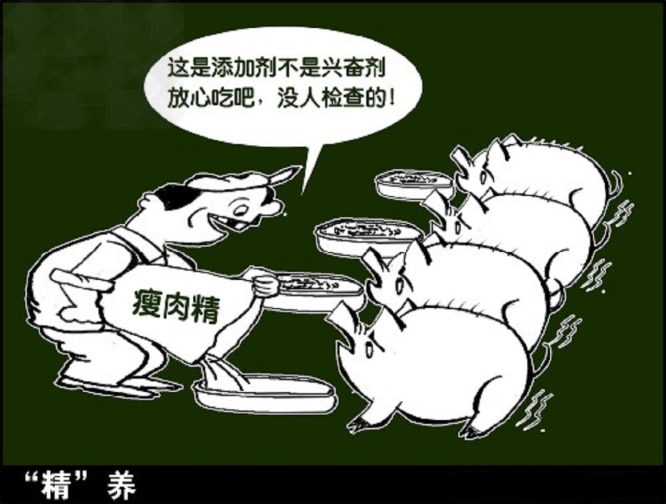以下关于我国国际地位的说法,正确的是( )。
A.我国已经成为世界第一贸易大国
B.2010年我国GDP总量已经超过日本,排名世界第一,但是人均水平仍然远远落后于西方发达国家
C.我国目前的黄金储备量仅次于美国,位居世界第二
D.2011年4月,金砖国家领导人第三次会晤在海南省三亚市举行,国家 * * 胡 * * 发表题为《共同发展共享繁荣》的讲话
参考答案:A
解析: 据海关统计,2010年,我国货物进出口贸易总额达2.97万亿美元,比2009年增长34.7%,规模跃居世界第一。我国已经成为世界第一贸易大国。A项说法正确。B项说法错误,2010年我国GDP总量已经超过日本,排名世界第二,仅次于美国。C项说法错误,根据世界黄金协会公布的黄金储备排名表,我国黄金储备量排名世界第六。D项说法错误,在金砖国家第三次会晤上,胡 * * 发表了题为《展望未来共享繁荣》的重要讲话。《共同发展共享繁荣》是2010年11月13日胡 * * 在日本横滨出席亚太经合组织工商领导人峰会上发表的演讲。

